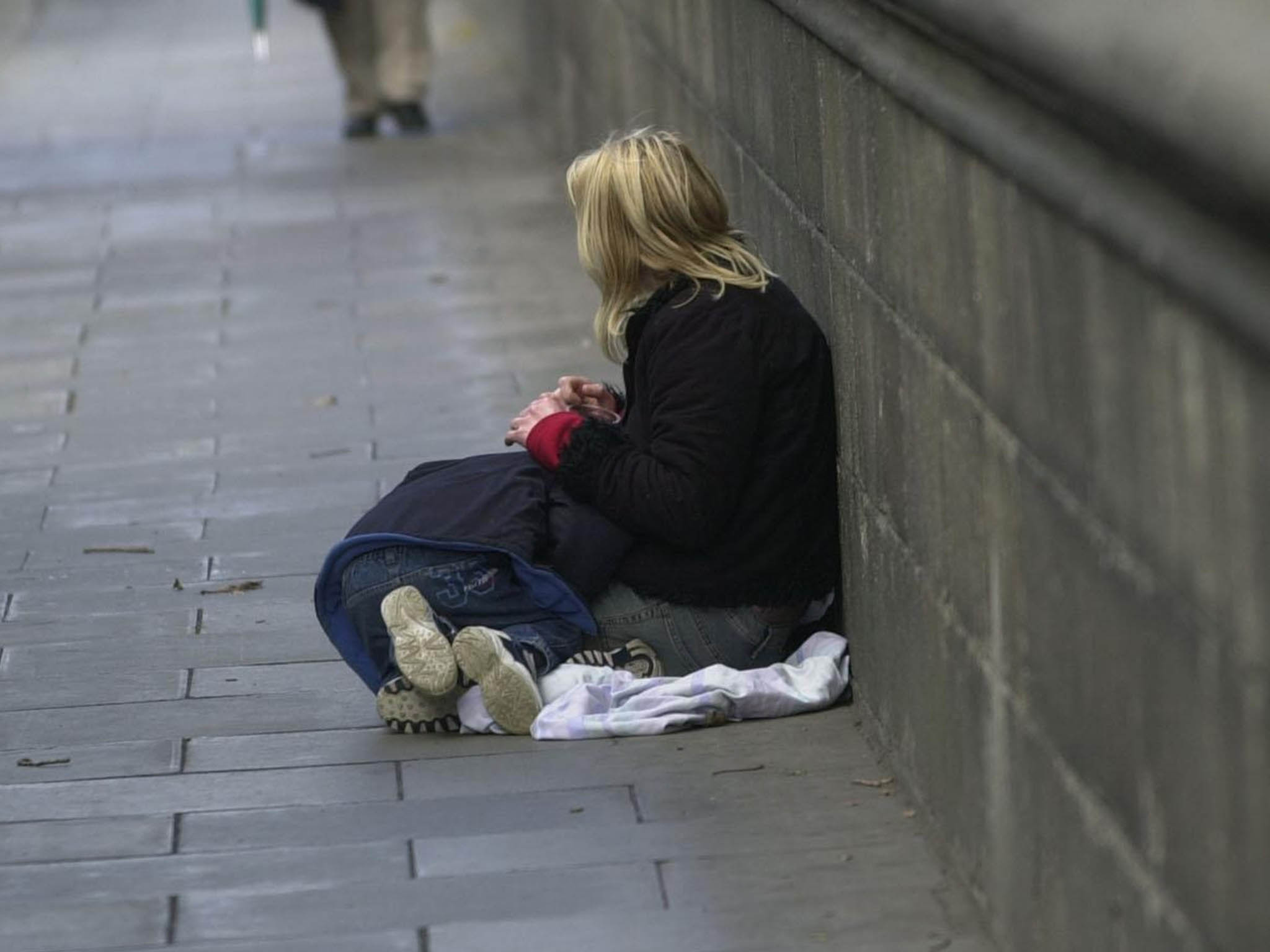Domestic abuse survivors ‘falling through the cracks’ as system leaves them in ‘cycle of homelessness’
'If the government really wants to cut rough sleeping, it needs to try and root out domestic violence,' Labour MP Neil Coyle tells The Independent

Your support helps us to tell the story
From reproductive rights to climate change to Big Tech, The Independent is on the ground when the story is developing. Whether it's investigating the financials of Elon Musk's pro-Trump PAC or producing our latest documentary, 'The A Word', which shines a light on the American women fighting for reproductive rights, we know how important it is to parse out the facts from the messaging.
At such a critical moment in US history, we need reporters on the ground. Your donation allows us to keep sending journalists to speak to both sides of the story.
The Independent is trusted by Americans across the entire political spectrum. And unlike many other quality news outlets, we choose not to lock Americans out of our reporting and analysis with paywalls. We believe quality journalism should be available to everyone, paid for by those who can afford it.
Your support makes all the difference.Domestic abuse victims are "falling through the cracks" into a spiral of homelessness while perpetrators regularly escape punishment, a report has warned.
The study warns that vulnerable people are being failed by support services, as a shortfall in refuges and council housing them leaves them sleeping rough to escape violence.
One woman was told by her local council that she should return to the home from which she had recently fled an abusive partner in order to pick up ID documents that would prove her status.
The report states that more needs to be done by housing providers to help victims stay safe in their own home before situations reach “crisis point”.
They can do this by providing support to residents and having close links to local domestic abuse services.
“Above all, we need to prioritise early intervention and hold perpetrators of domestic abuse to account; we need to stop expecting survivors to leave their home and hide, while the perpetrators remain at the home, unchallenged and unaccountable," said Suzanne Jacob, SafeLives chief executive.
The report shows that over 10 per cent of victims supported with re-housing by a domestic abuse service were moved out of their local authority area, which it said risked “significantly disrupting” their lives.
“For someone who has had their autonomy and power stripped away by a perpetrator of domestic abuse, navigating the complexities of the housing system can be overwhelming. Too many survivors are falling through the cracks, with no safety net to catch them,” it states.
Labour MP Neil Coyle, who launched the report in Parliament, said that in order to reduce homelessness, ministers must “root out” domestic violence by changing policies that prevent victims from getting help.
“A third of all homeless women say domestic violence contributed to them leaving home; it is a massive factor to many homeless women," he told The Independent.
"If the government really wants to cut rough sleeping, it needs to try and root out domestic violence. “Councils can often, when victims try to flee, tell them to go back and get proof of ID and other documents from the home. I know of at least one case where someone was hospitalised by her partner, and then told to go back to get ID.
"The restricted number of safe spaces to get to – the limited government funding for supported accommodation – is also a massive challenge."
The SafeLives report cites research by charity St Mungo's showing that 32 per cent of the women they worked with said domestic abuse was a factor contributing to their homelessness (compared to 8 per cent of men), while 35 per cent of women who have slept rough left home to escape violence.
“We know that these figures do not reveal the true extent of the problem: homeless women are often 'hidden homeless' and are not counted in official statistics,” the report states. “We know women often choose to stay in situations that are dangerous or abusive, rather than face the unknown dangers of sleeping rough – a choice no one should have to make."
Separate research cited in the report shows that 21 per cent of housing repair costs in the UK could be attributed to domestic abuse, which Safelives said shows there is a financial incentive for housing providers to intervene.
It comes after concerns were raised that the new benefits system was placing domestic abuse victims in a more precarious situation by making it easier for perpetrators to seize and regulate family income and prevent partners from leaving the home.
Experts told the work and pensions select committee last month that universal credit’s single monthly household payment allowed abuse perpetrators to “distribute family income in the way they see fit”.
A government spokesman said: “Domestic abuse is a devastating crime and we are taking action to make sure survivors get the support they need. “We’ve already committed £40 million until 2020 to support domestic abuse projects and we are also conducting a thorough review of the funding of services, which will report this summer.”
Join our commenting forum
Join thought-provoking conversations, follow other Independent readers and see their replies
Comments